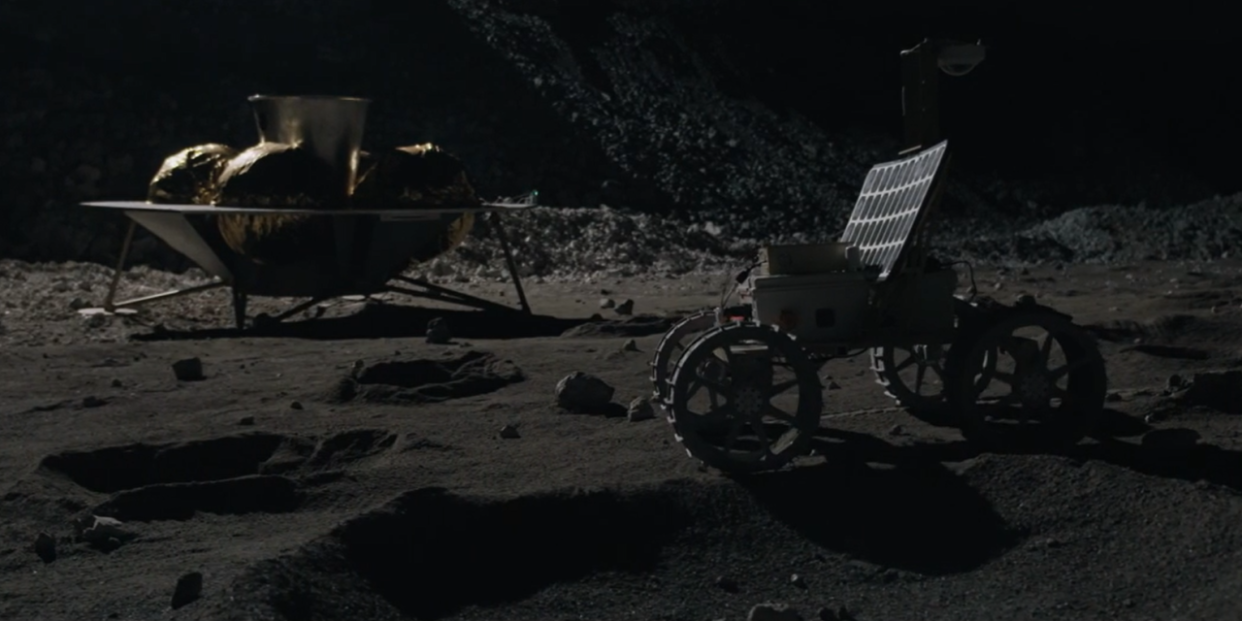Google Lunar XPRIZE Pushes Deadline Into 2018

The Google XPRIZE is getting an extension and some modifications. The competition offers $20 million to whatever private group can land a robot on the surface of the moon, get it to travel 500 meters on the lunar surface, and send back high-resolution images to the Earth and it was supposed to have a winner this year. The rules regarding who can win the money have softened, and the completion date has been moved back to March 31, 2018.
There are five finalists for the prize: Moon Express (USA), Synergy Moon (international), Team Indus (India), SpaceIL (Israel) and Hakuto (Japan). The competitors now have more ways to earn money, including incremental prizes, like $1.75 million for nailing down one orbit around the moon. A soft landing on Earth's lone satellite, meaning that the rover doesn't drive or send back pictures, will earn a team $3 million.
The new measures are a recognition of the complexity of the goals. Even 48 years after mankind's first voyage to the moon, it's still an extremely complex proposition. "XPRIZE and Google are thrilled to offer these additional in-space Milestone Prizes as a further incentive for finalist teams and to recognize the full gravity of these bold technological feats taking place in the race to the Moon," said Chanda Gonzales-Mowrer the senior director of Google Lunar XPRIZE, in a statement.
The five finalists have each won contracts showing that they meet the requirements to launch a mission to land on the Moon by the year's end. However, given the myriad things that could go wrong, ranging from communications errors or accidental crashes, one doubts that they'll be complaining too much. Bob Richards, founder and chief executive of Moon Express, tells Ars Technica that the "lunar arrival and soft landing milestone prizes are a great addition to the Google Lunar XPRIZE and are well aligned with major risk points of the competition. Removing the constraint of a 2017 launch deadline is also a welcome development."
Source: Ars Technica
You Might Also Like

